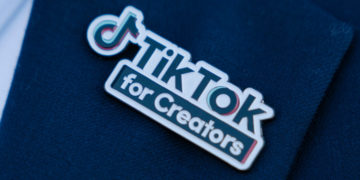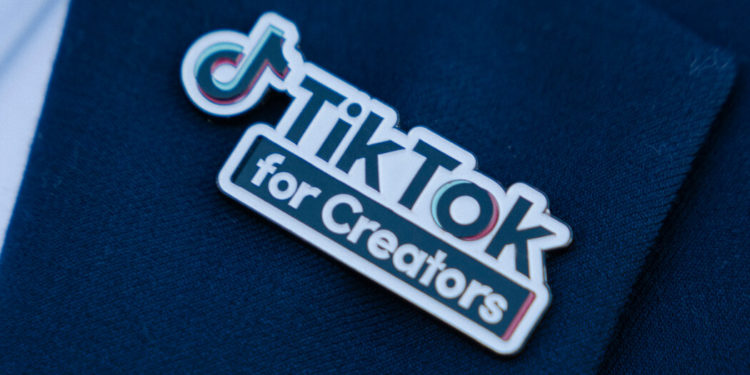When TikTok pulled down its services early Sunday, it added a politically attuned notice for disappointed users: “We are fortunate that President Trump has indicated that he will work with us on a solution to reinstate TikTok once he takes office.”
TikTok may have over 170 million devotees in the United States, but for these purposes it was talking to only one of them. The ego-stroking message to the man who once famously declared, “I Alone Can Fix It,” was clear. And rarely does a corporate political appeal — especially one as naked as this one — yield such instant results.
By midmorning on Sunday, Mr. Trump declared that he would in fact fix it: “I will issue an executive order on Monday to extend the period of time before the law’s prohibitions take effect, so that we can make a deal to protect our national security.”
Mr. Trump went on to describe, in the vaguest of terms, his newest idea: Reconstitute TikTok as a 50-50 “joint venture” between the existing Chinese owner, ByteDance, and some kind of American entity. It has a surface appeal, though it is not clear it would satisfy the mandate of the law Congress passed and President Biden signed banning the app unless the company and the algorithm are under American control.
Nor is it evident that it would address the national security problem inherent in having TikTok’s algorithms — which monitor the selections of users and pick the next thing shown to them — written in China.
But it was impressive politics on all sides. By shutting down the app for a bit of Saturday night and Sunday morning, TikTok made vivid to its loyal users what the world would be like without the app. (That shouldn’t be hard to imagine: It first came into American’s phones in 2016, just two months before Mr. Trump was elected for the first time.) And it created, for just a few hours, a standoff that Mr. Trump could then leap in and resolve, at least temporarily, on his way to the rally of his supporters in Washington on Sunday afternoon.
It’s no wonder that TikTok’s chief executive, Shou Chew, is planning to attend the inauguration and, at least before the ceremony was moved into the Capitol because of the cold, had a seat at the dais. He will hardly be alone among tech executives; Jeff Bezos, Mark Zuckerberg and Elon Musk will be there too.
For TikTok, Mr. Trump’s reversal in recent months — from the man who was determined to ban the app to the man who is determined to save it — was nothing short of a miracle. On Sunday morning, just as Mr. Trump was issuing his stay of execution for the app, his incoming national security adviser, Michael Waltz, said that for all the national security concerns, “it’s a fantastic app. It’s something that 170 million Americans enjoy, and we’re confident that we can save TikTok, but also protect Americans’ data and protect them from influence, whether that’s an outright sale” or firewalls “to make sure that the data is protected here on U.S. soil.”
He appeared to be previewing Mr. Trump’s strategy: Come up with a solution that would satisfy the law’s mandate that makes it illegal, as of Sunday, to “distribute, maintain or update” a “foreign adversary controlled application.” There is an exemption if the president determines the app is “no longer being controlled by a foreign adversary,” especially when it comes to designing the algorithms that make TikTok tick.
Would Mr. Trump’s 50/50 joint venture fill that definition? It depends. If ByteDance remains the owner and developer of the algorithm, and that algorithm is composed in China by Chinese engineers, then it solves very little.
The national security concern that motivated the passage of the law grew from concern that the algorithm can be controlled by the Chinese government, or that Chinese officials could gain access to users’ data or their geolocation. And of course there is the underlying worry that the algorithm could be stealthily designed to influence what Americans see on their phones.
No one knows yet what a joint venture would look like; Mr. Trump was imprecise in his language, so it was not clear whether the American partner would be a private company or the government. But clearly, the president-elect is delighted that his first encounter with China involves a deal, and one in which he holds much of the leverage.
The post TikTok’s shutdown notice included a politically attuned message for Trump. appeared first on New York Times.



















